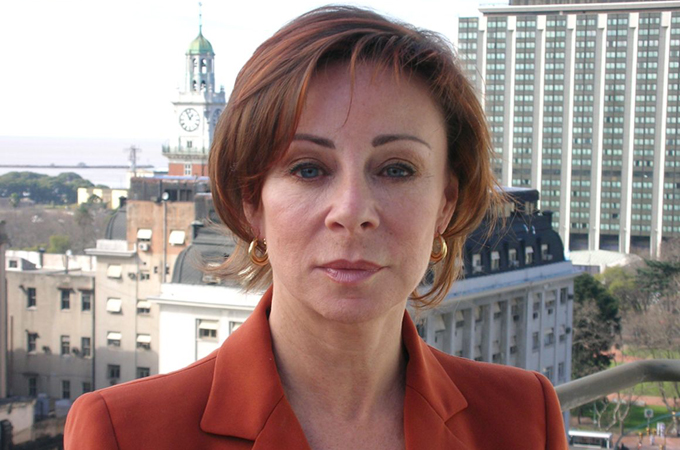Morales poised to win Bolivia election
President expected to win third consecutive term following strong economic growth and reduced poverty.

Bolivians have voted in an election that is almost certain to hand President Evo Morales a third consecutive term in power, along with a legislative majority needed to consolidate his leftist reforms.
Around six million Bolivians cast their ballots on Sunday in presidential and congressional polls, with the incumbent leading with 59 percent in pre-election polls.
Keep reading
list of 4 items‘Absolute power’: After pro-China Maldives leader’s big win, what’s next?
Solomon Islands pro-China PM Manasseh Sogavare fails to secure majority
Pro-China party on course for landslide victory in Maldives election
Morales, who has blended leftwing economic policy with nationalist rhetoric was more than 40 points clear of his nearest rival, business magnate Samuel Doria Medina, with 18 percent, opinion polls said.
Medina, however claimed the polls had a margin of error of 33 percent – roughly the swing needed to force Morales into a run-off.
“This is why we’re still optimistic,” Medina said after voting in a southern La Paz district.
Morales, who is also expected to win a legislative majority, has pledged to consolidate his socialist system that has expanded the role of the state in the economy and sharply reduce poverty levels.
Since he first came to office in 2006, a boom in commodities prices has increased export revenues nine-fold and the country has accumulated $15.5b in international reserves and economic growth has averaged five percent annually, well above the regional average.
The nation’s first indigenous president has been credited with being an able steward of Bolivia’s natural gas and mineral wealth, using the windfall to create subsidies for schoolchildren, pensions for the elderly and to pull about half a million people out of poverty.
Corruption questions
Morales’ rivals accuse him of using his power to control the courts and of violating the constitution which limits a president to two consecutive terms.
Last year, the Supreme Court decreed his 2006-2009 period in office should not be counted as a first term as it preceded the adoption of the new constitution. Opponents blasted the decision.
Morales has also drawn opposition from environmentalists and many former indigenous allies by promoting mining and a planned jungle highway through an indigenous reserve.
Despite Bolivia’s economic advancements, it remains one of South America’s poorest countries and many economists think it depends too much on natural resources.
In the first half of 2014, natural gas and minerals accounted for 82 percent of export revenues.
Morales promotes coca’s traditional uses and claims zero tolerance for cocaine. But his government’s ability to combat crime and corruption has been questioned.
Last year, Transparency International’s perception index ranked Bolivia as South America’s third most corrupt country after Venezuela and Paraguay, and Morales’ opponents say he has spent millions in government money on his campaign, giving him an unfair advantage.
NOTES FROM OUR CORRESPONDENT IN THE FIELD
 |
| Al Jazeera’s Lucia Newman |
“Morales combines conservative economics with Left wing rhetoric and social spending,” policial analyst Andrés Torrez told Al Jazeera.
“Everyone is making money, wages have doubled and while the opposition loathes him, they say they are no hurry to see Morales leave.”
Jorge Chawanca, a 65-year-old driver from Cochabamba in central Bolivia said “Evo taught those men in ties [politicians] a lesson. When Goni [Gonzalo Sanchez de Lozada] was president we thought because he spoke better English than Spanish he would develop Bolivia. All they did was steal and govern for themselves. Who would have thought an uneducated indigenous Aymara, a coca farmer, end up being the best President we’ve ever had.”
President Evo Morales still holds the post of President of the Coca growers union in El Chapare, the tropical region in Bolivia where he voted.
“It’s more of an honorary title,” he told Al Jazeera. “I have no time to run the union”.
“But it is an honour for the farmers and for me. This is where I learned about life and forged my political career. We learned to struggle, to cry and to succeed together.”